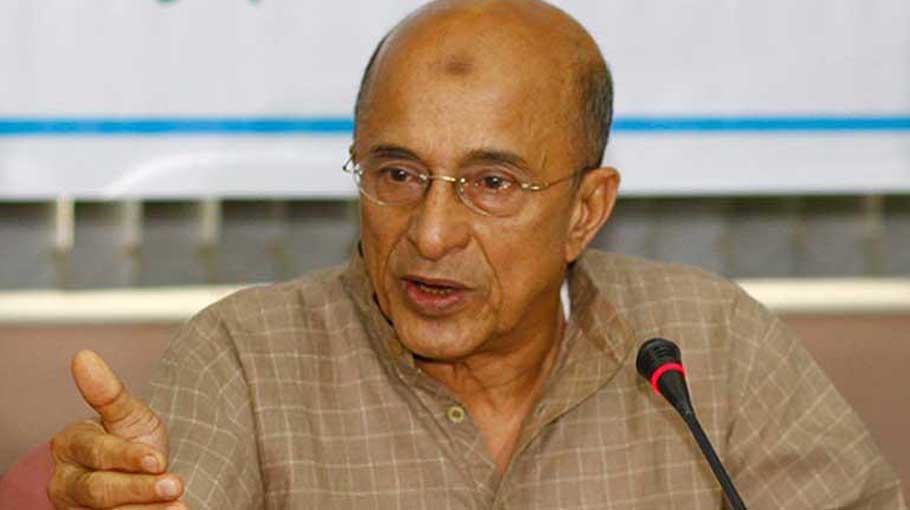‘Nuclear tech to be spine of clean energy’

Nuclear technology will be the backbone of clean energy in Bangladesh, said Dr Tawfiq-e-Elahi Chowdhury, Adviser to the Prime Minister for Energy, Power and Mineral Resources said.
“With the coming of small modular reactors, small oil-based power plants could be replaced with nuclear ones,” he added.
The energy advisor made the remarks at a webinar titled, "New Alternative Energy and the Future Challenges of Bangladesh," organized by the Bangladesh Power Management Institute (BPMI) on Saturday.
Tawfiq-e-Elahi said that “The share of clean energy will increase a lot when nuclear power comes. There is a lot of potential for nuclear power in the long run. We have small power plants in different places, replacing them with nuclear technology could be a good option.”
"We have a land crisis. In such cases we have the option of installing solar power systems on rivers and reservoirs,” he added.
Read more: Russia may install 2nd nuclear power plant
Mohammad Anisur Rahman, Senior Secretary of Energy and Mineral Resources Division said, “Every day we are facing various questions from the public, including the media about the fuel energy crisis. We are in a better position than the western world in the new globalization situation.”
He criticized the Barapukuria coal-fired power plant, saying, “The plant had never been able to produce coal to our satisfaction as a result we could not produce electricity from coal extracted from Barapukuria. What would happen when coal is exhausted in Barapukuria. So, we should have taken a long-term plan considering the power plant at Barapukuria.”
Power Secretary Habibur Rahman said, “Currently hydrogen technology is more popular due to its safety concerns with the environment. I think the day is not far off when hydrogen will be used as one of the major fuels. Our power usage pattern is different, when we can generate electricity from solar then the demand is less. Again, the demand increases when power generation from solar is reduced. So it is important to make storage of power affordable.”
Hydrogen Energy Laboratory Project Director, Abdus Salam said, “hydrogen is being produced from biomass in Bangladesh at small scale. Another project has been taken and we are working to produce 5 kg hydrogen daily by 2022. Technology development work is going on, but we have not been able to go to the market yet. The use of hydrogen in vehicles in our country has considerable potential. We think it will cost about taka 8 per kilometer.”
Engineer Belayet Hossain, chairman of the Bangladesh Power Development Board said, "We are working on renewable energy but we are not succeeding in that way. We have to walk with the way of developed countries with technology. The big problem with solar is the lack of storage, so we have to keep the same amount of electricity for the night. However, the feasibility study is going on, hopefully, something good can be found.”
Major General Moin Uddin (Retd), Chairmen of Bangladesh Rural Electrification Board said that Bangladesh is not far behind in developing hydrogen fuel technology. BCSIR has taken a project to bring hydrogen to the forefront by 2022.
Rafiqul Islam, Director General of the Hydrocarbon Unit, said that ‘dependence on any single energy cannot be pleasant. Work is underway on all possible options. Hydrogen can be a good source. We can use hydrogen in cooking and vehicles.”
Professor Nowshad Haque, an Australian expatriate researcher delivered a keynote paper. He said that when the solar system was started, the cost per megawatt was $359, now the cost has come down to only $37. Renewable energy will be economical in the future.
BPMI Rector Mahbub Ul Alam presided over the function conducted by Rafiqul Islam, Director of BPMI.
Among others SREDA Chairmen Dr. Alauddin, Dr. Mohammad Shawkat Akbar, project director of Rooppur nuclear power plant, former chairman of BPDB SM Alamgir Kabir, chairman of EPRC Satyajit Karmakar, international energy expert Khandaker Salek Sufi also spoke at the webinar.




